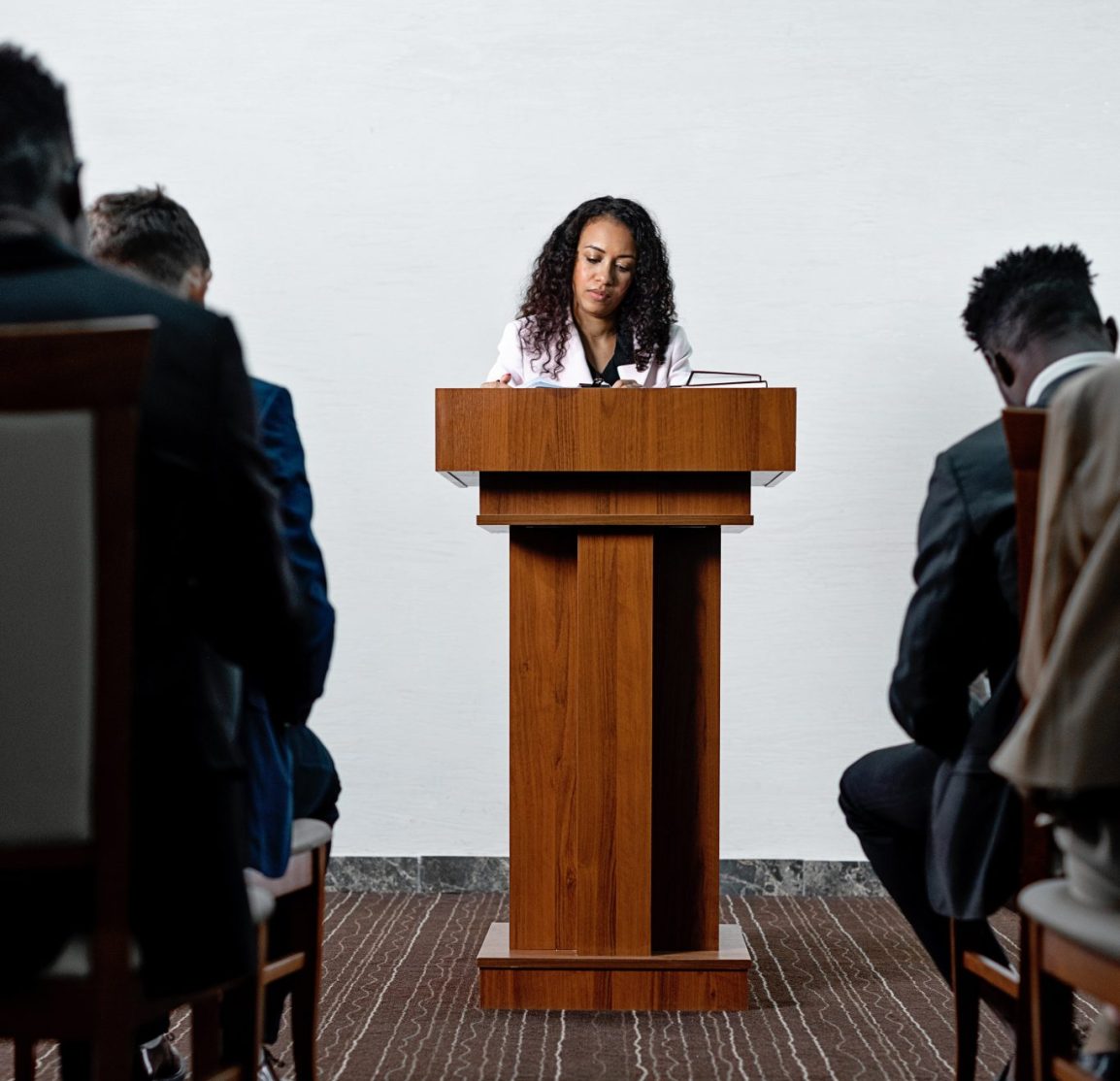One of the best extracurriculars I have joined so far in high school is speech and debate. Through speech and debate, I have learned so many new skills and met many people. Even though it requires me to compete at 8 a.m. on Saturdays. However, I still love it and the memories I’ve made.
The activity can be competed in at a high school and collegiate level. They both also offer many different styles and you can pick the one that is best for you. At the high school level, the major association is the National Speech and Debate Association (NSDA). Other national associations include the National Catholic Forensic League and National Christain Forensics and Communications Associations. Each league hosts a national tournament in the summer
Individual Events/Speech
Individual events are characterized by individuals competing in a variety of different events. These events span the areas of public speaking, acting, and interpretation. Speeches range from interpreting dramatic or humorous works of literature to original persuasive speeches. Most tournaments offer Humour Interpretation, Dramatic Interpretation, Extemporaneous, Impromptu, Informative, Original Oratory, and Program Oral Interpretation. Each tournament offers a different variety of events.
Debate Events
The structure of most debate rounds includes a topic/resolution that the teams choose a side to argue. The affirmative side defends the topic and the negative opposes it. Throughout a round, each team has to present a case, respond to their opponent’s case, defend their case, and ask questions about their opponent’s side. A judge evaluates the arguments at the end of a round and declares a winner. The three most common styles are Public Forum, Policy, and Lincoln Douglas.
Public Forum Debate:
Public Forum Debate is a style of debate that argues a topic of national importance in terms that a common person would understand. Just like Policy, Public Forum is conducted by teams of two people, alternating speeches for their side. It is far more dependent on the speaking presentation of the debater as well as using logic and evidence to persuade. Topics usually focus on current events.
Speech times: Constructive (4 minutes), Rebuttal (4 minutes), Summary (3 minutes), and Final Focus (2 minutes). After each speech, except final focus, there is a 3-minute period of crossfire, where both teams ask each other questions. Teams get 3 minutes of prep time in total.
Previous topics (released by NSDA):
- Resolved: The United States federal government should legalize all illicit drugs. (Jan 2022)
- Resolved: The United States Federal Government should substantially increase its investment in high-speed rail. (September/October 2022)
Policy Debate/Cross-Examination Debate:
Policy Debate is a style of debate where teams argue to present a plan/solution to the current topic and how they would implement it. Policy is also competed with two teams consisting of two debaters. Unlike Lincoln Douglas and Public Forum, Policy sticks with one year-round topic. Policy also requires a lot of research and requires credible evidence.
Speech times: First Affirmative and Negative Constructive (8 minutes), Second Affirmative and Negative Constructive (8 minutes), First Affirmative and Negative Rebuttal (5 minutes), Second Affirmative and Negative Rebuttal (5 minutes). Following each team’s constructive speech, there is a 3-minute crossfire. Prep time is typically 8-10 minutes depending on the tournament.
Previous topics (released by NSDA)
- Resolved: The United States federal government should substantially increase its protection of water resources in the United States. (2021-2022)
- Resolved: The United States federal government should substantially increase its security cooperation with the North Atlantic Treaty Organization in one or more of the following areas: artificial intelligence, biotechnology, cybersecurity. (2022-2023)
Lincoln Douglas Debate:
Lincoln-Douglas involves the philosophical analysis and value of a resolution. Unlike Policy and Public Forum, it is a one on one debate. This style of debate focuses on logic, ethics, and morality, oftentimes debating a topic of what one should or ought to do. The Lincoln-Douglas Debate format is named for the 1858 Lincoln-Douglas Debates between Abraham Lincoln and Stephen Douglas.
Speech times: Affirmative Constructive (6 minutes), Negative Constructive/First Rebuttal (7 minutes), First Affirmative Rebuttal (4 minutes), Second Negative Rebuttal (6 minutes), Second Affirmative Rebuttal (3 minutes). After each constructive speech, there are 3 minutes of crossfire. Each debater gets 4 minutes of prep time.
Previous topics (released by NSDA):
- Resolved: The United States ought to implement a single-payer universal healthcare system. (September/October 2022)
- Resolved: The appropriation of outer space by private entities is unjust. (January/February 2022)
Benefits
Even though competing seems scary, it is a very rewarding activity. Speech and debate allow you to develop creativity, communication, and critical thinking skills. It also helps you develop tools for researching and presenting. The activity lets you meet new people all over your state and country. For me the activity allowed me to find my confidence, especially in my speaking.
For more information check out the NSDA website: https://www.speechanddebate.org/

